

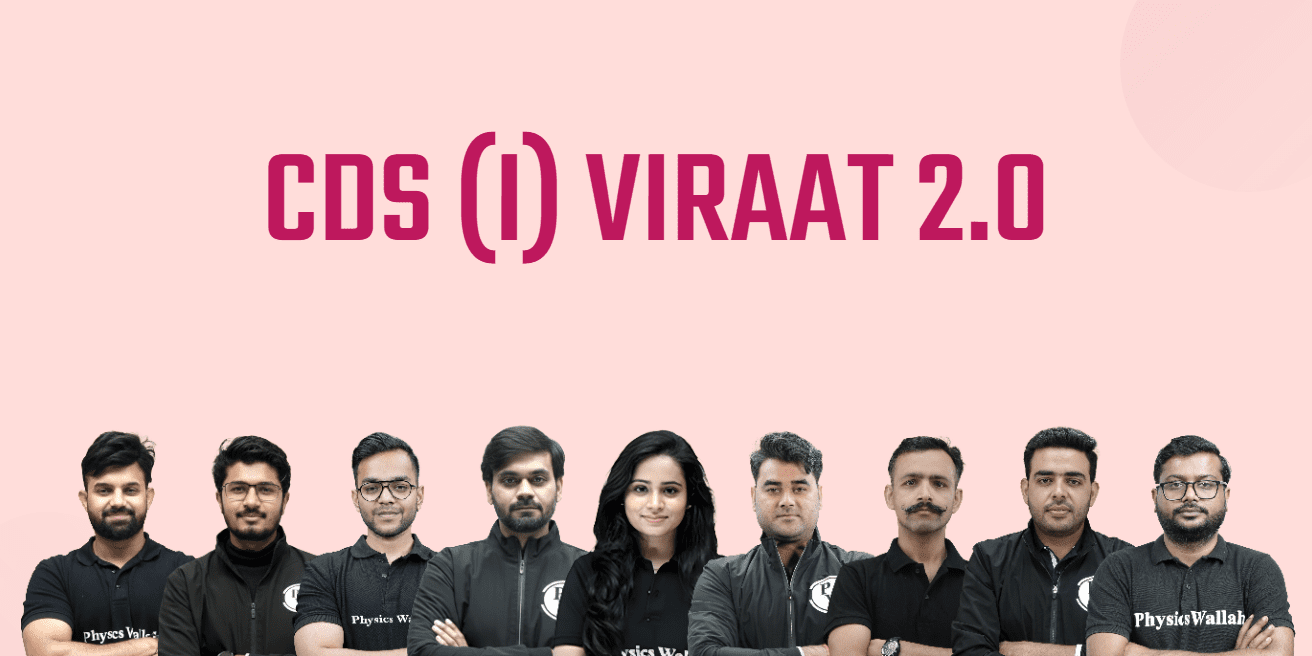
Starts on 14 Dec, 2025
Ends on 30 Apr, 2026


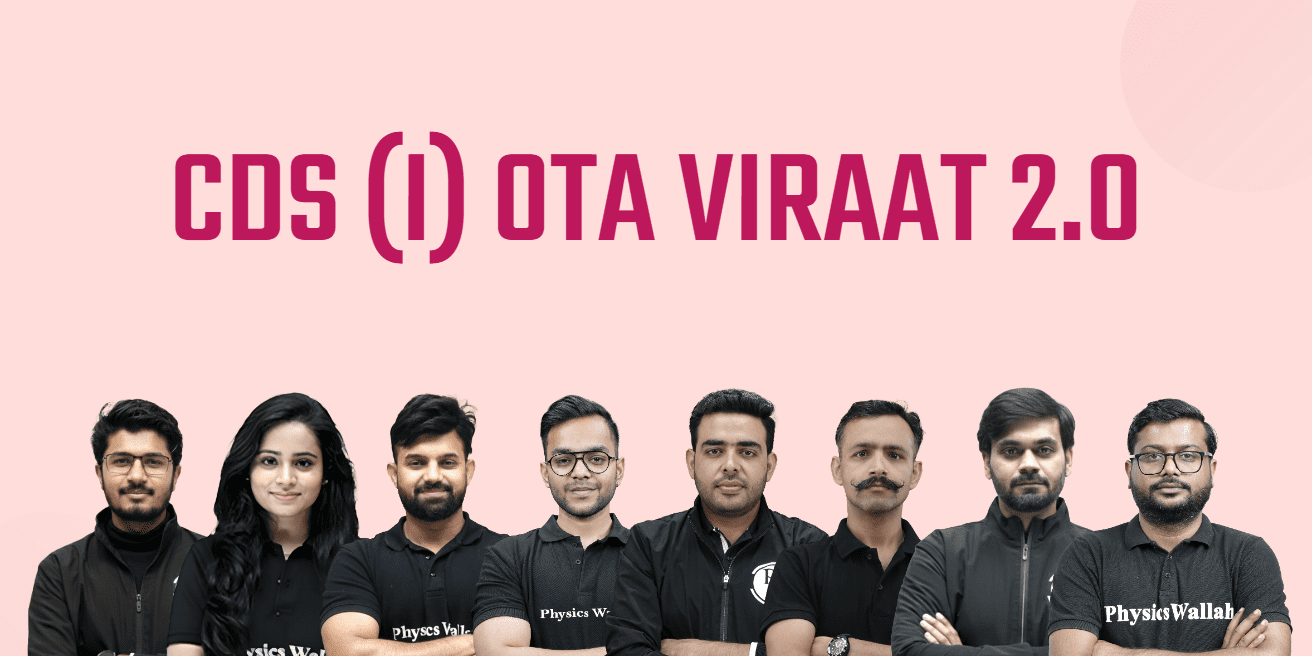
Starts on 14 Dec, 2025
Ends on 30 Apr, 2026


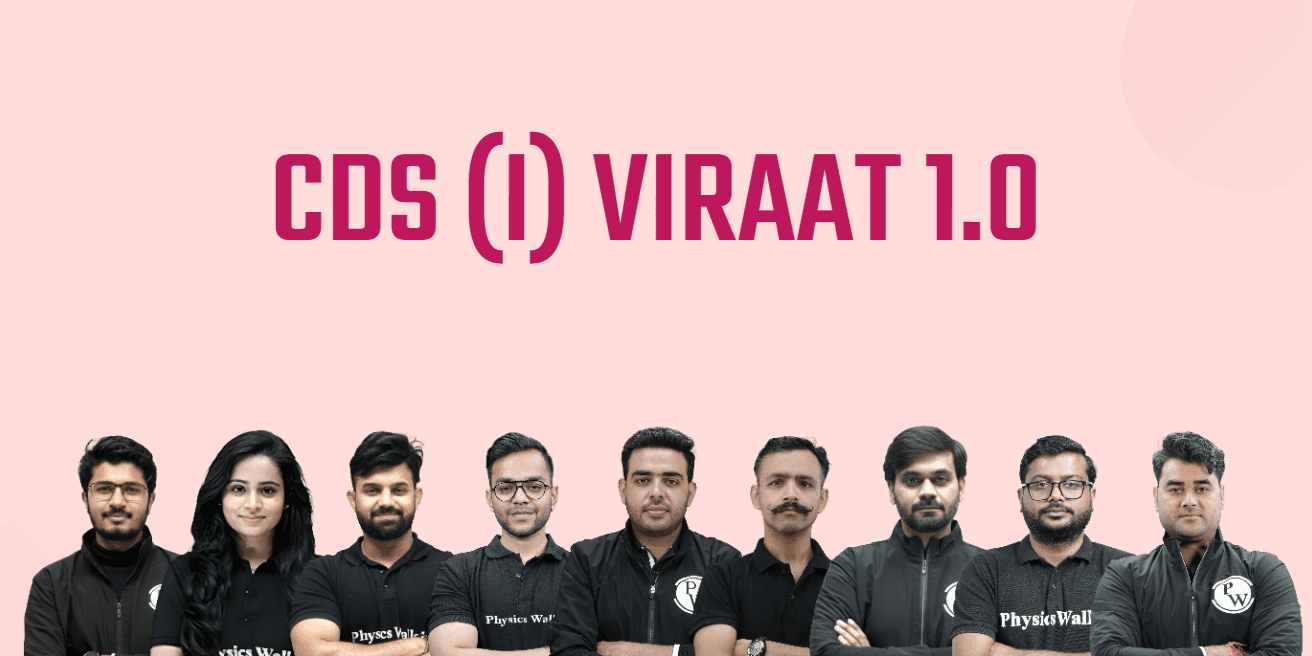
Starts on 28 Sept, 2025
Ends on 30 Apr, 2026


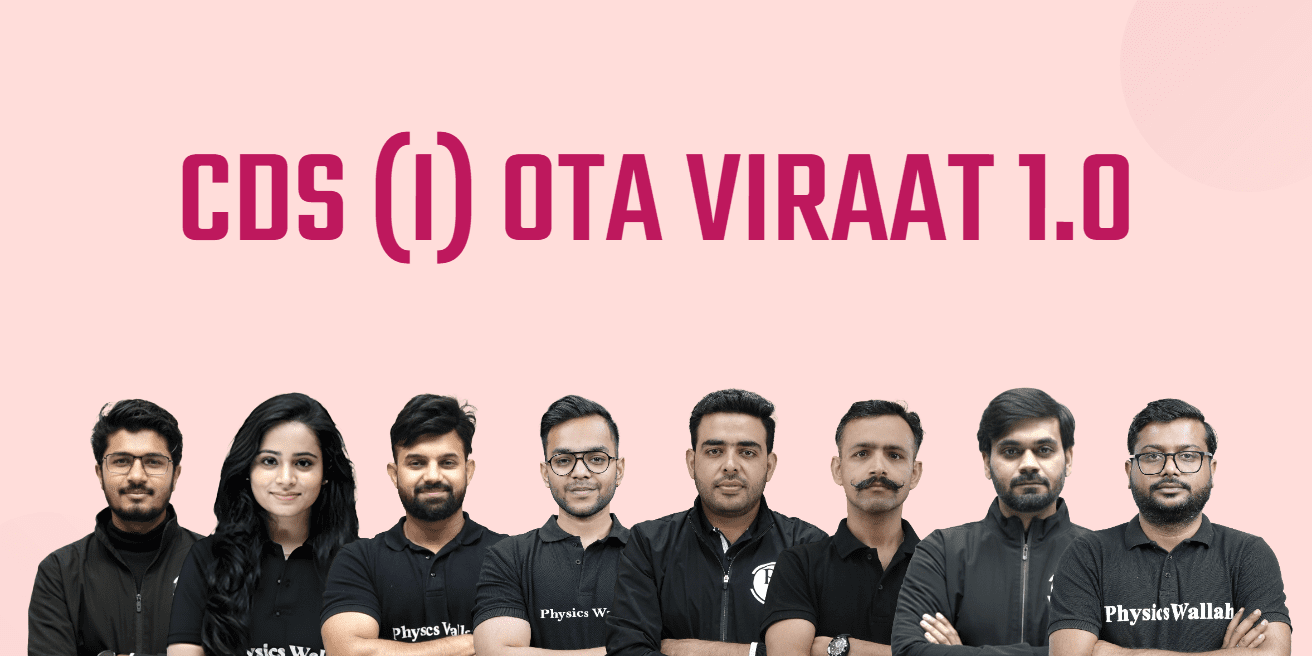
Starts on 28 Sept, 2025
Ends on 30 Apr, 2026


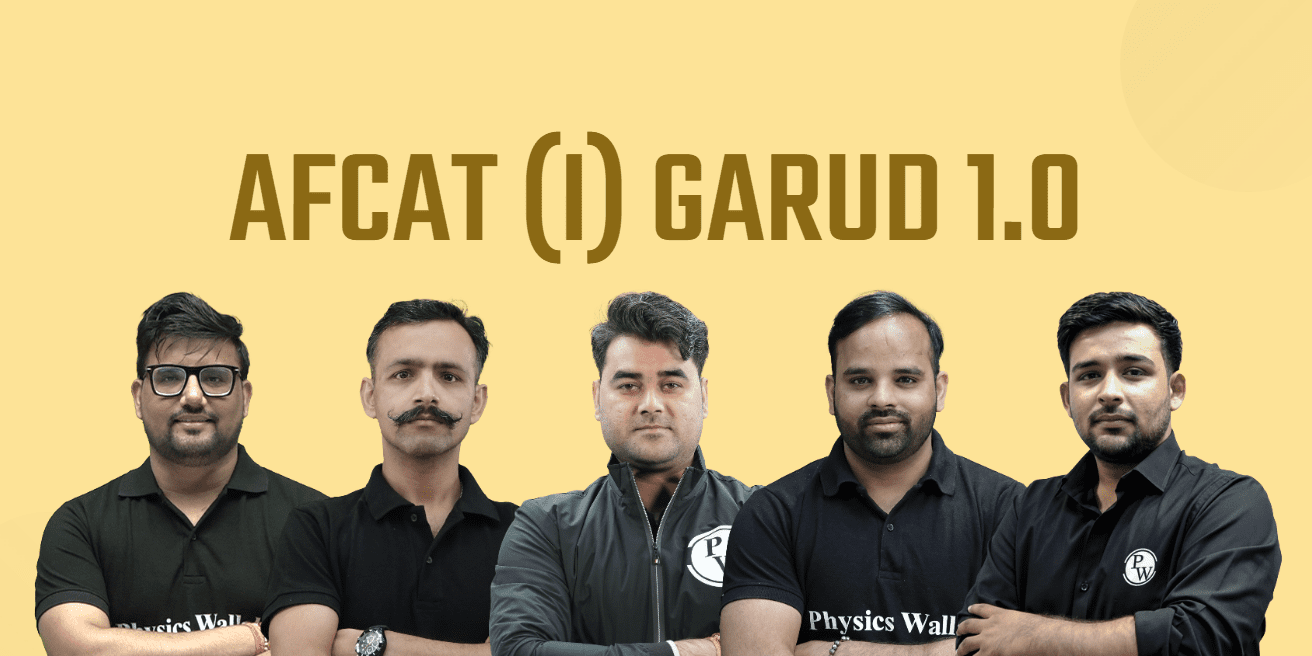
Starts on 30 Sept, 2025
Ends on 28 Feb, 2026


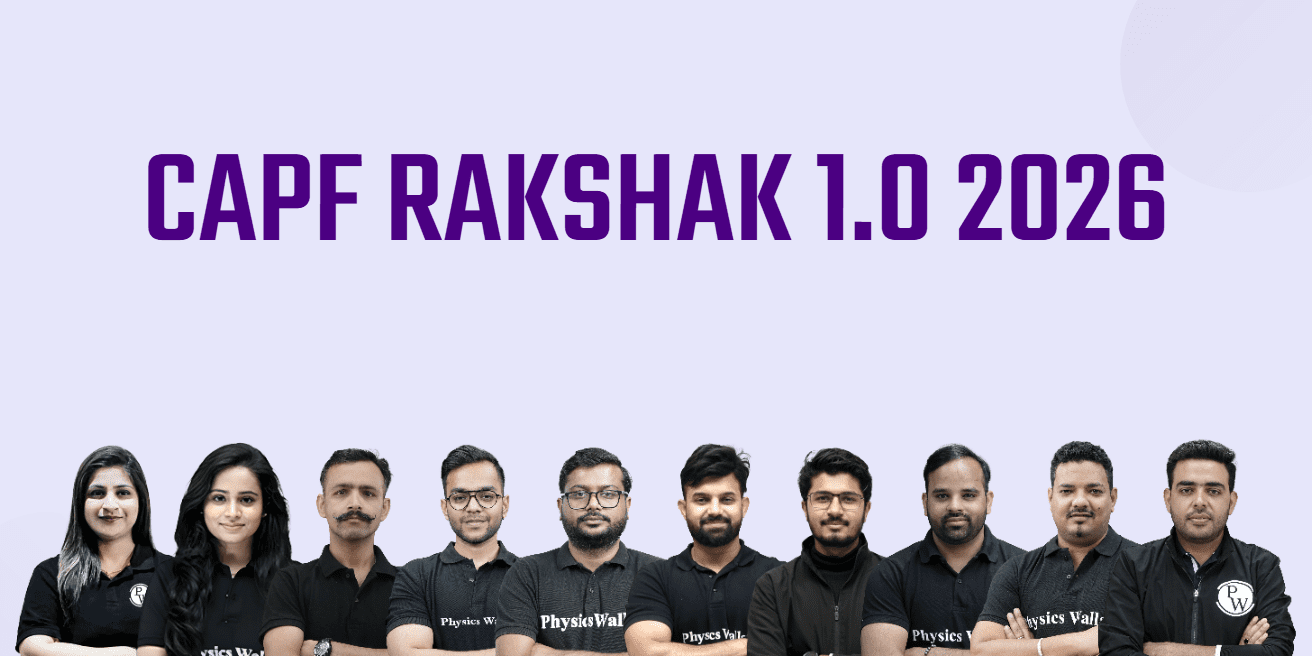
Starts on 28 Sept, 2025
Ends on 31 Aug, 2026
CDS AFCAT Online Coaching for 2025
CDS AFCAT Online Coaching by Physics Wallah offers a highly structured and student-focused learning program for the Combined Defence Services (CDS) and Air Force Common Admission Test (AFCAT). Our faculty-designed courses cater to all aspirants preparing for these prestigious defence exams.
Comprehensive CDS AFCAT Online Coaching by Physics Wallah
At Physics Wallah, we deliver comprehensive and result-oriented online courses. Our CDS AFCAT Online Coaching provides:
-
Faculty: Instructors with years of experience in defence exam preparation.
-
Live and Recorded Classes: Flexible learning options through live sessions and recorded lectures.
-
Exam-Aligned Study Material: Custom-designed study resources tailored to the latest syllabus.
-
Mock Tests and Practice Sessions: Extensive practice to help you ace the exams confidently.
Subjects covered under the CDS & AFCAT syllabus include:
-
English Language and Comprehension
-
General Knowledge (GK)
-
Mathematics (CDS)
-
Reasoning and Military Aptitude (AFCAT)
-
Current Affairs
Our program ensures a well-rounded preparation for both CDS and AFCAT exams.
Key Features of PW CDS AFCAT Online Coaching
-
Live Interactive Classes: Attend live sessions where experienced mentors teach, guide, and clear doubts.
-
Recorded Lectures: Access recorded classes to revise or catch up on missed sessions.
-
Custom Study Materials: Download high-quality PDFs and notes for every topic.
-
Mock Test Series: Attempt regular mock exams to build speed, accuracy, and confidence.
-
Current Affairs Updates: Stay updated with weekly current affairs tailored for defence exams.
-
Doubt-Clearing Sessions: Special sessions to resolve students' queries and reinforce concepts.
-
Progress Tracking: Weekly tests and performance analysis to identify and improve weak areas.
Benefits of Enrolling in CDS AFCAT Online Coaching
-
Guidance: Learn from subject experts with proven track records in defence coaching.
-
Affordable Pricing: Access premium courses at highly competitive prices.
-
Flexible Timings: Study at your convenience with live and recorded sessions.
-
Comprehensive Preparation: Get ready for both the written exams and the SSB interview.
-
Updated Study Resources: Receive the latest and most relevant material for CDS & AFCAT preparation.
-
Interactive Learning Experience: Engage in quizzes, problem-solving sessions, and discussions.